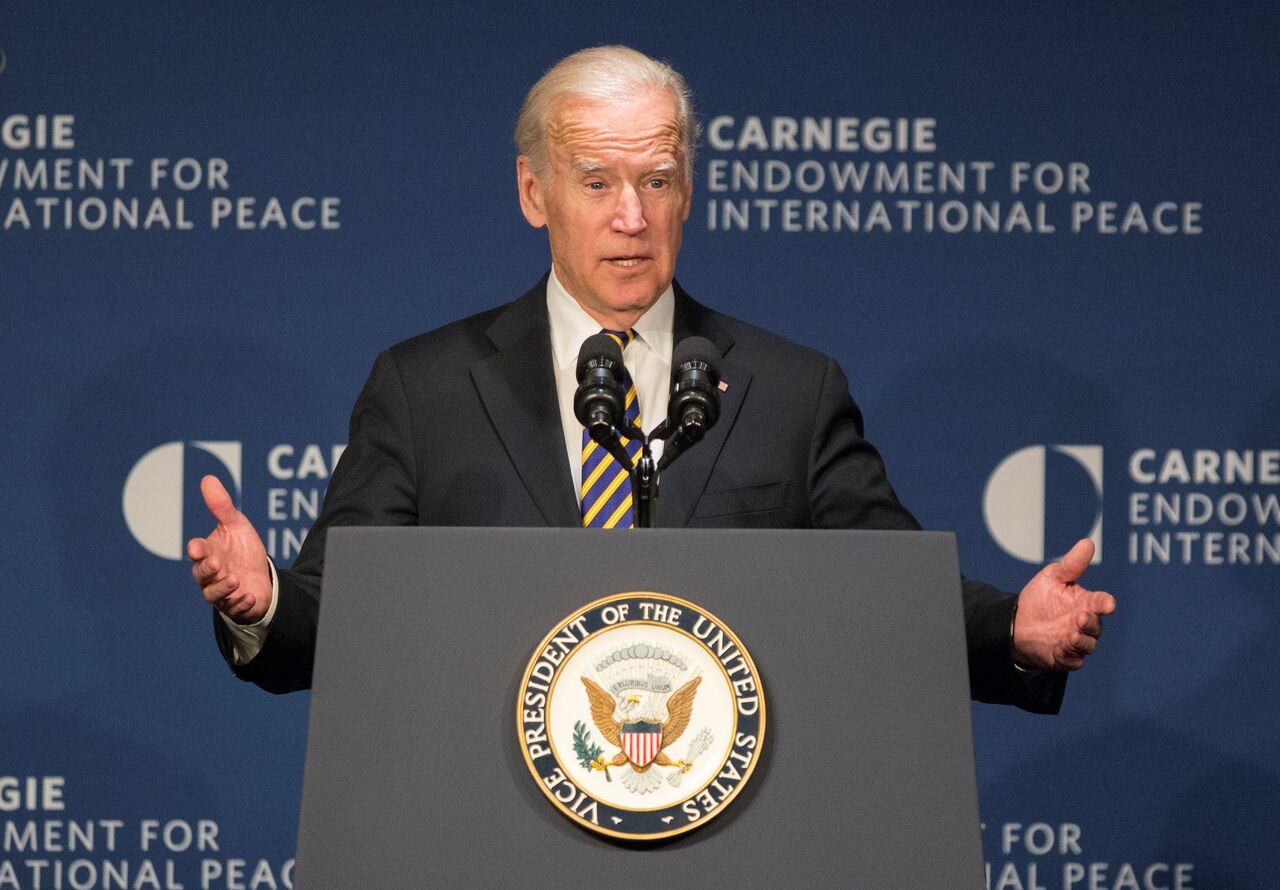Seyed Reza Mirtaher, an expert on military and strategic affairs, speaking in an interview with the website of Strategic Council on Foreign Relations commented on Donald Trump administration’s approach towards international treaties and said: One of the important characteristics of Donald Trump’s administration is that during the past four years he made his utmost efforts for the withdrawal of the United States from all kinds of international agreements, treaties and pacts. In fact, within the framework of the unilateral approach that Trump had taken since taking office in January 2017, this issue has always been on the US agenda and, therefore, over the past four years, we witnessed that the country withdrew important agreements such as the Paris Climate Agreement and the Joint Comprehensive Plan of Action (JCPOA) nuclear deal, arms control treaties such as the Intermediate-Range Nuclear Forces Treaty (INF) and the Treaty on Open Skies which are in fact, two important treaties in the field of arms control and prevention of military conflict, especially in Europe.
He added: Despite Russia’s great efforts to extend the Strategic Nuclear Weapons Treaty or the New START Treaty, the Americans are actually impeding it and if such impediments continue, this important treaty will expire in February 2021.
Referring to the constant efforts of Trump in weakening multilateralism and international institutions, Mirtaher said: Trump has pushed the United States out of a number of important international institutions, the most recent of which was the withdrawal of the US from the World Health Organization under the pretext of the orientation of the international institution towards China and its failure in the area of fighting against Covid-19.
According to Mirtaher, in order to support the Zionist regime, Washington also withdrew from some UN-affiliated international agencies, such as the UN Human Rights Council and UNESCO, and this issue led to the sharp criticism of the United States because it even attached its own interests to the interests of the Zionist regime.
As for the problems facing the US president-elect, Joe Biden, with regard to the international treaties and agreements, the expert on strategic affairs said: The president-elect Joe Biden intends to reverse the trend that Trump had pursued over the past four years. In this regard, Biden has promised that upon his arrival at the White House within 70 days he would return to the Paris Climate Agreement and the World Health Organization. This suggests that the Democratic nominee basically intends to reverse Trump’s unilateralist approach, especially in the US attitude towards international institutions. Certainly, this will lead to a slight change in the negative outlook that countries of the world, including Washington’s European allies, developed over the past four years.
Noting that due to Trump’s approaches and measures the US has lost its respect in the world, Mirtaher said: The reality is that the continued unilateral approach of Washington has virtually isolated the US in the world. For example, regarding the US withdrawal from the JCPOA nuclear deal, it should be noted that this agreement had been reached between Iran and the group of 5+1, but with the US withdrawal from this agreement on May 8, 2018, this group shrank to 4+1.
Emphasizing that the group 4+1 consists of the two Eastern spectrums, including Russia and China, and the Western spectrum, including Germany, France, Britain and the European Union, he added: It is interesting that both the Eastern and Western spectrums in criticizing the US for its withdrawal from the JCPOA nuclear deal, implemented under UN Security Council Resolution 2231, are unanimous, and this consensus has failed US efforts in recent months to extend Iran’s arms embargo and then reinstate UN sanctions, or the same international sanctions, against Iran.
He stressed that this attitude isolated the United States on the world arena, especially at the United Nations.
Saying that the ousted Trump administration is now making utmost efforts to deal the severest blow on Iran and has threatened that each week will impose new sanctions on Iran, Mirtaher said: This issue indicates that the approach taken by Washington during Trump’s presidency is an utterly failed, thwarted, and unsuccessful approach, and it must abandon this one-sided approach if it intends to be respected and valued on the international arena once again; especially since the external realities and developments of the international system show that this system has now become a multipolar system. Therefore, in this global environment, it is not possible to take any measure by adopting the unilateral policies that were manifested in Trump’s motto, “America First”.










0 Comments